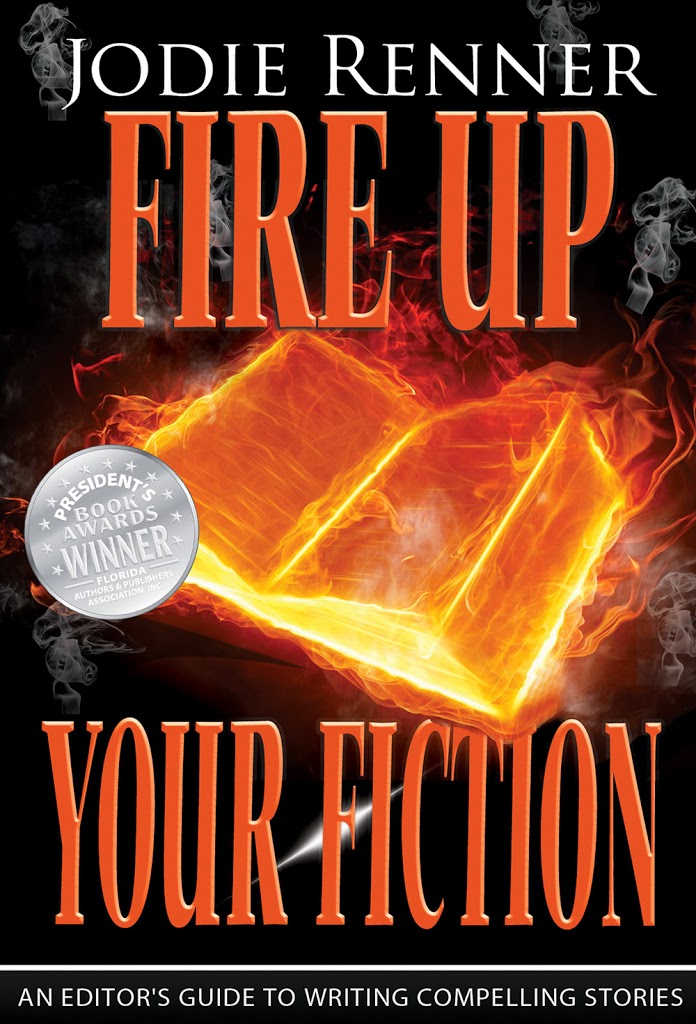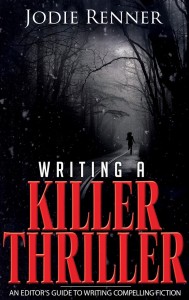by Debbie Burke

Vilde Odmundson, designer., CC BY-SA 4.0 <https://creativecommons.org/licenses/by-sa/4.0>, via Wikimedia Commons
Deadline. The very word strikes fear. It promises dire consequences if it’s missed. If your work isn’t finished by the boss’s deadline, you’re fired. If your past due payments aren’t received by the deadline, the bank repossesses your car. If you ignore the IRS tax deadline, your life becomes a living hell.
What are the origins of the dreaded word deadline?
According to WarHistoryOnline.com:
The earliest known uses date back to the 1800s, where the Oxford English Dictionary discovered the usage of “dead-line” in reference to a fishing line with a weight on it to prevent it from moving. In the early 1900s, the word was used in the printing industry as the name of a boundary line on a printing press, beyond which text will not print.
The most gruesome use of the term apparently originated at the notorious Andersonville POW camp during the Civil War.
[Camp commandant Captain Henry] Wirz added the so-called “deadline.” This was a literal line of wooden planks or fences placed about 20 feet inside from the outer walls. Orders were given to the guards that any man who crossed the deadline, even by a hair, would be shot on sight without warning.
If a writer misses a deadline, the editor/publisher can’t shoot you, but your career may be dead. They will remember your name, and not in a good way.
Deadlines are important. My professional writing career launched because a friend couldn’t make her deadline and recommended me as a substitute to the editor. That began a long, fruitful relationship with a respected magazine.
Waking up in the middle of the night, realizing my TKZ post is due that morning, is a horrible feeling I don’t want to repeat. I’m compulsive about deadlines (some say anal) and usually turn in stories ahead of time.
That early-bird mentality means editors sometimes call and say: “Hey, I need 750 words by Thursday. Can you do it?”
Yup. Those rush jobs are paychecks that I otherwise wouldn’t have received.
External deadlines are powerful motivators, especially for newer writers. They build discipline and accountability. I need to write 10 pages for critique group on Tuesday. I have to finish that short story/poem/play to meet the contest deadline next week.
Writers who self-publish often struggle because they don’t have that external deadline. When we impose a deadline on ourselves, we can come up with a gazillion reasons to put it off. But are those reasons or excuses?
Side note: A recent hot topic on the Authors Guild discussion thread has been about launching a book around election time. Some authors are asking their publishers to delay their release dates until after November, fearing their books will get lost in political furor. Books already have a tough enough time attracting reader and media attention. This reason may be worth considering if you plan a book launch in the next few months.
Since going indie, my goal has been to publish at least one book per year, and I’ve met that with eight books since 2017.
But…more than a year has passed since April 2023 when the last book, Deep Fake Double Down, was released.

Cover by Brian Hoffman
The ninth book, Fruit of the Poisonous Tree, has not met my self-imposed deadline.
Readers keep asking when the new book is coming out. That’s a wonderful problem to have! But I don’t like my vague answers.
In the spring I said, “Summer.”
Then I updated to “Labor Day” because that marks an annual event with other Montana authors, described in posts here and here.
In early July, I looked at the calendar and realized how quickly September 1 was coming up.
I still had to finish the book, edit, get feedback from beta readers, make corrections, format, upload, receive and review a proof. Printing books takes four to six weeks, if there aren’t delays. All that had to be done by Labor Day. Aargh!
I raced through the climax and did a fast edit. I explained the urgency to beta readers and gave them a chance to say no. They are all wonderful friends, but a week turnaround is a damn big ask. Several understandably declined because of their own deadlines. The rest agreed. They came through and offered great suggestions.
But…one long-time critique partner sat me down and said, “Deb, this isn’t as good as your other books. You rushed it and it shows. You’re too good a writer to put this out for your readers. They’ll be disappointed.”
Whap!
Other betas had alluded to some problems, but I deceived myself into thinking they were easy fixes to be whipped out in a day or two.
Nope.
My friend and I spent the next three hours at her dining room table going through the marked-up manuscript. She was 100% right–the problems went deep.
Actually, I’d sensed that all along but pushed my concerns aside because I was fixated on meeting the Labor Day deadline.
Her critique made me think. How important, really, is that deadline?
If the new book isn’t available to sell at the annual event, what are the consequences?
No one dies.
I still have eight other books on the table. If I lose a handful of sales, so what? I’ll have postcards printed of the new book cover and people can sign up for my newsletter to be notified of the pub date.
In other words, missing this deadline doesn’t matter, except to my pride.
If I make the deadline but put out a substandard book, in the long run, I’ll lose more readers than I gain.
I never want people to think, “Gee, she used to be pretty good, but she’s sure gone downhill.”
An old saying goes: “There’s never time to do it right but there’s always time to do it over.”
Not for books. For them, a different saying applies: “You never get a second chance to make a first impression.”
Deadlines teach good work habits and keep writers from procrastinating. But they can also be blinders that prevent an author from recognizing and fixing problems with their work.
Thankfully my friend yanked those blinders off and made me see what was really important.
As I work on the rewrites, I give thanks she was honest with me.
When will Fruit of the Poisonous Tree be ready?
I dunno. A week, a month, three months? Whatever time it takes to be the best I can make it.
The day after I resigned myself to giving up the Labor Day deadline, the other two authors emailed me about our upcoming book appearance. Construction has closed a bridge which cuts off one of only two roads into the little village of Bigfork. The other road will be occupied that weekend by a major car show. Parking is a mile-plus hike and access for those with disabilities will be next to impossible.
Due to these logistic issues, we decided to skip doing the event this year. What a relief from the frantic push I’d been making since the beginning of July!
Deadlines are great unless they force you to make a choice between speed and quality. They often give a much-needed nudge to finish. But this experience taught me to follow my instincts rather than the calendar.
~~~
TKZers: Do deadlines help your writing?
Has a deadline ever caused you to publish a story that was below your expectations? Please share your experience.
~~~
Until Fruit of the Poisonous Tree is published, the other eight books in the Tawny Lindholm Thriller series are for sale at all online booksellers.

The first book, Instrument of the Devil, will be FREE on August 2.

 Deep Fake Double Down
Deep Fake Double Down



